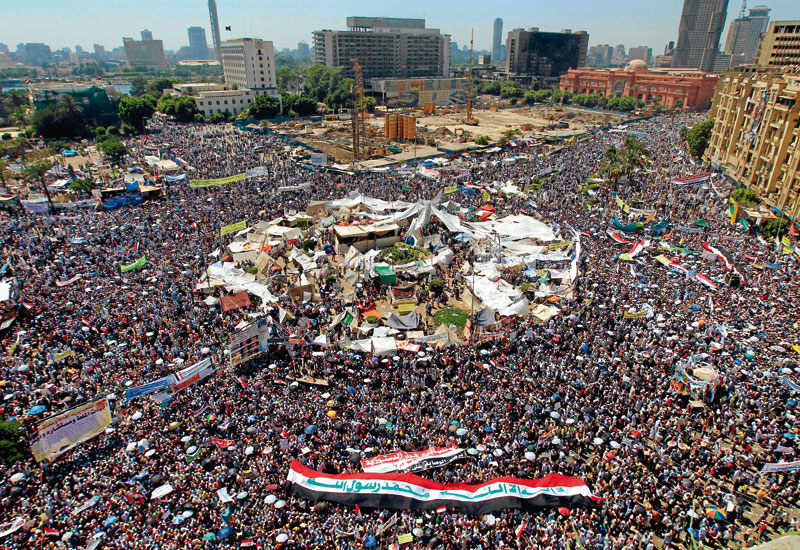Nomad Leisure Solutions chief executive officer Liam N. Fitzgerald presents the case for crisis management and survival strategies in the face of political instability in the Middle East
Loss of customers. Falling revenues. Increasing costs. Poor cash flow. Staff absenteeism and breakdown in cohesion. Disruption in supplier services. Potential shut-down of business.
Tourism and leisure industry owners and operators in countries that have been affected by the “Arab Awakening” may face some of the above scenarios in the aftermath of a political crisis.

| Advertisement |
These issues may be compounded by the failure of the national government and private institutions, such as the banking system, utility suppliers, transportation and communications infrastructure, to name a few.
The long-term impact of a political crisis on the tourism and leisure industry may not be immediately apparent. When we look at the above issues in their entirety, however, our industry is potentially facing a major crisis.
Businesses will have to adapt and make decisions on the limited information that is available to manage the expectations of all relevant stakeholders, including owners, customers and staff.
If the security situation allows you to remain operational during the crisis, the following short-term crisis management strategies may enable your business to survive.
Initial Financial Review and Scenario Planning
The first step in the face of a political crisis should be a financial review of the business to assess some of the following scenarios: How long can your business survive if income levels drop, even up to 100%? Can you pay salaries?
Can you meet supplier demands for cash on delivery? Do you have direct access to cash in case the automated banking system fails? Do you have good relations with local businesses, which may be raising prices? While there may be surprises, scenario planning can assist in the management of your business through the initial phase of a crisis.
Operational Restructuring
Based on the initial financial review, an operational assessment of the business needs to be undertaken.
What can be done to cut costs? The following are some questions you may want to explore: Should there be staff restructuring? Is there potential for temporary reductions in staff salaries? Can changes be made to operating times and schedules? What is the possibility of a partial shutdown of non-essential parts of the business?
Could there be reduced food and beverage costs, including changes in menu provisions? If the government is rationing electricity, do other operational adjustments need to be made, such as reducing the use of generators, adjusting the consumption of fuel and utilities through acceptable changes in pool or air temperature? The business may need to cut certain value added services, such as valet parking.









 Search our database of more than 2,700 industry companies
Search our database of more than 2,700 industry companies









